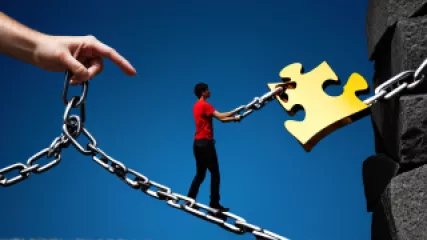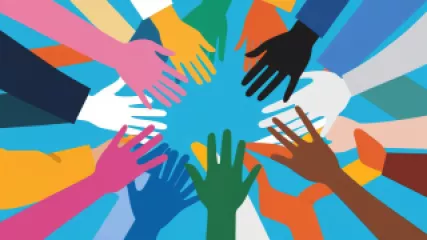Boosting Emotional Intelligence: A Step-by-Step Guide
1 year ago
Emotional Intelligence Basics
How Space Exploration Impacts Human Psychology
1 year ago
Psychology of Space
Suicide Prevention: An Empowering Conversation with a Mental Health Expert
1 year ago
Suicide Prevention
10 Powerful Strategies to Overcome Self-Sabotage
1 year ago
Understanding Self Sabotage
7 Goal-Setting Lessons from Iconic Movies
1 year ago
Goal Setting Strategies
How to Explore and Embrace Your Gender Identity
1 year ago
Gender Identity
Overcoming Financial Stress: An Expert's Perspective
1 year ago
Managing Financial Stress
Why Transition Guidance Services Are Crucial for Personal Growth
1 year ago
Managing Transitions
Navigating Online Transition Support Groups: A Research Summary
1 year ago
Managing Transitions
Unlocking the Potential of Gifted Minds: An Inspiring Interview
1 year ago
Giftedness
Advocating for Mental Health: Dismantling Stigma and Fostering Compassion
1 year ago
Advocacy in Mental Health
Overcome Procrastination: A Step-by-Step Virtual Coaching Guide
1 year ago
Procrastination Overcome
Breaking Through Resistance: An Opinionated Perspective
1 year ago
Understanding Resistance
Volunteering's Uplifting Impact: An Interview with Mental Health Advocate
1 year ago
Impact of Volunteering on Mood
How Can Mindfulness Reduce Anxiety?
1 year ago
Mindfulness for Anxiety














